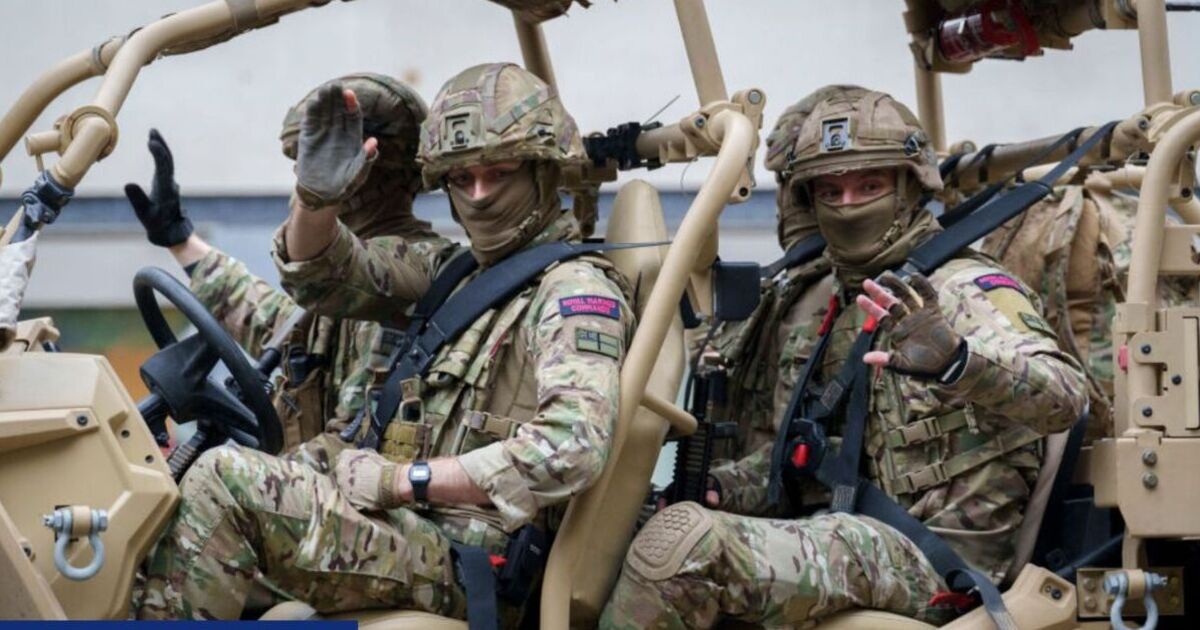Twenty years as a regular officer in the army and the common sense which comes with age suggests to me that there is real concern over the alleged extra-judicial killings by UK Special Forces (SF) in Afghanistan in the period 2009-2011.
Some of the evidence presented to the ongoing Independent Inquiry relating to Afghanistan has been most worrying. This is a view shared by many of my former comrades in arms.
The fact that the Australian SF have been found to have transgressed adds fuel to the fire, as there is little doubt that they and the UK SF were close and probably cooperated on joint ops.
Now we know that nine members of UK SF are also under investigation for two separate incidents more recently in Syria, where they stand accused of using excessive force and killing a suspected jihadist. It is alleged that they could and should have arrested him instead.
On top of all this, we recently learned that up to five members of the Special Boat Service (SBS) are being investigated over an incident two years ago involving a car chase and shots being fired. No charges have been made to date.
This is not a good look for Britain’s elite soldiers. Of course they do good work and we’re all grateful for them, but I firmly believe that if we lose the moral high ground we become no better than the terrorists who seek to harm us and we’re screwed.
The inquiry is all the more relevant because much of the current hierarchy of the British army: a succession of recent Chiefs of the General Staff (CGSs) all have had a SF background of sorts, as have assorted Government ministers of different parties.
If even some of these killings are found to have in fact taken place, the question that most of my former comrades have is “where were the officers?”
I know that SF tend to operate in small groups and that there might not always have been a junior officer present, but surely not on every occasion?
Circumstances such as those alleged circumstances would be exactly when an officer should have stepped in and said quite firmly this is not how we do things in the British Army, SF or not.
Any who are present in such circumstances and do nothing are as guilty as the wrongdoers themselves and have failed as leaders.
As the old military adage has it, “there are no bad regiments, just bad commanding officers”. Enough said.
If even some of what is now alleged is true, then the ethos and culture either emanates from, or is condoned by, the top.
Furthermore, as I understand it, the Director of Special Forces (DSF) reports directly to the Defence Secretary and the Prime Minister.
There is no Parliamentary oversight of SF operations as far as I am aware, not even by the Commons Select Defence Committee, which means that in effect our SF are marking their own homework.
I believe that this is unacceptable in an allegedly free and liberal democracy, and that scrutiny by our elected representatives is absolutely necessary.
Sessions could easily be security vetted and held in camera as required, but no oversight is a recipe for trouble. Plus it would help protect our SF personnel from false and vexatious claims.
DSF and HQ SAS won’t like it of course, but they work for us not the other way round.
Lt Col Stuart Crawford is a political and defence commentator and former army officer. Sign up for his podcasts and newsletters at www.DefenceReview.uk
Checkout latest world news below links :
World News || Latest News || U.S. News
The post ‘I’m an ex-Army officer and fear for the future of Britain’s Special Forces’ appeared first on WorldNewsEra.

